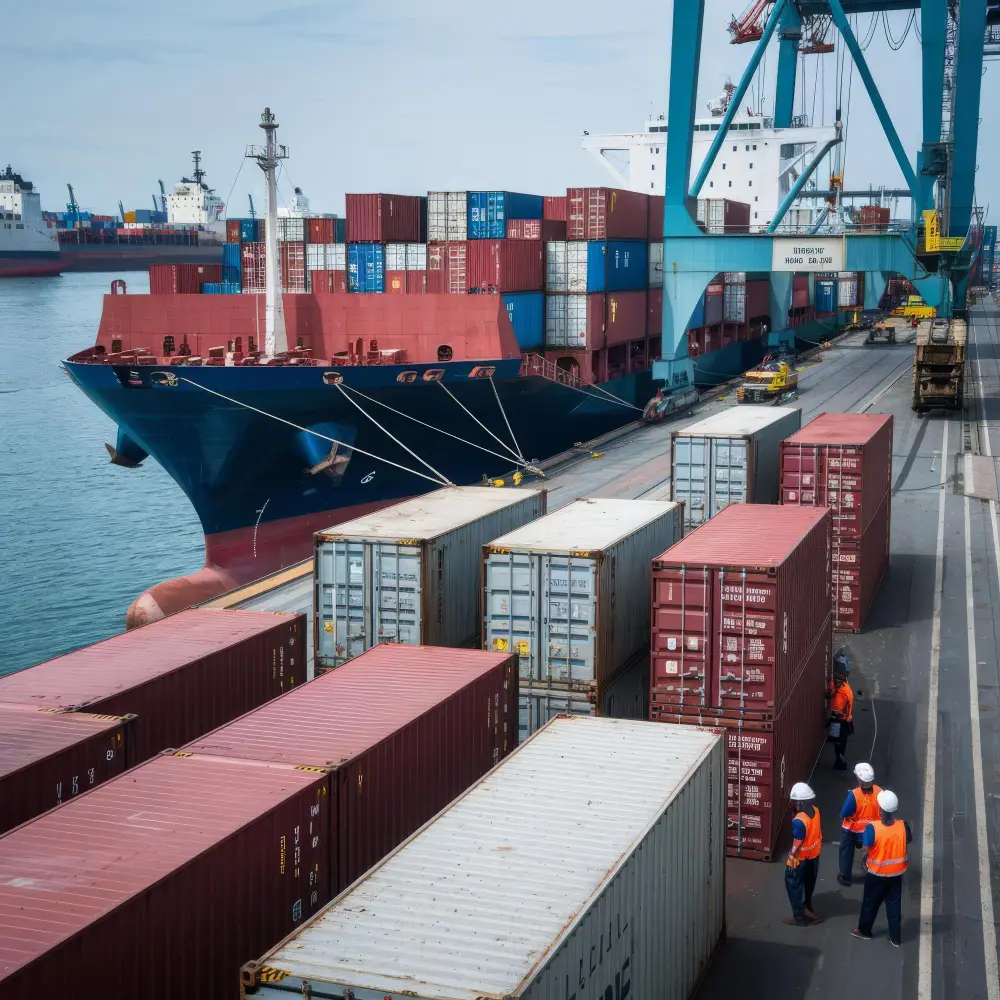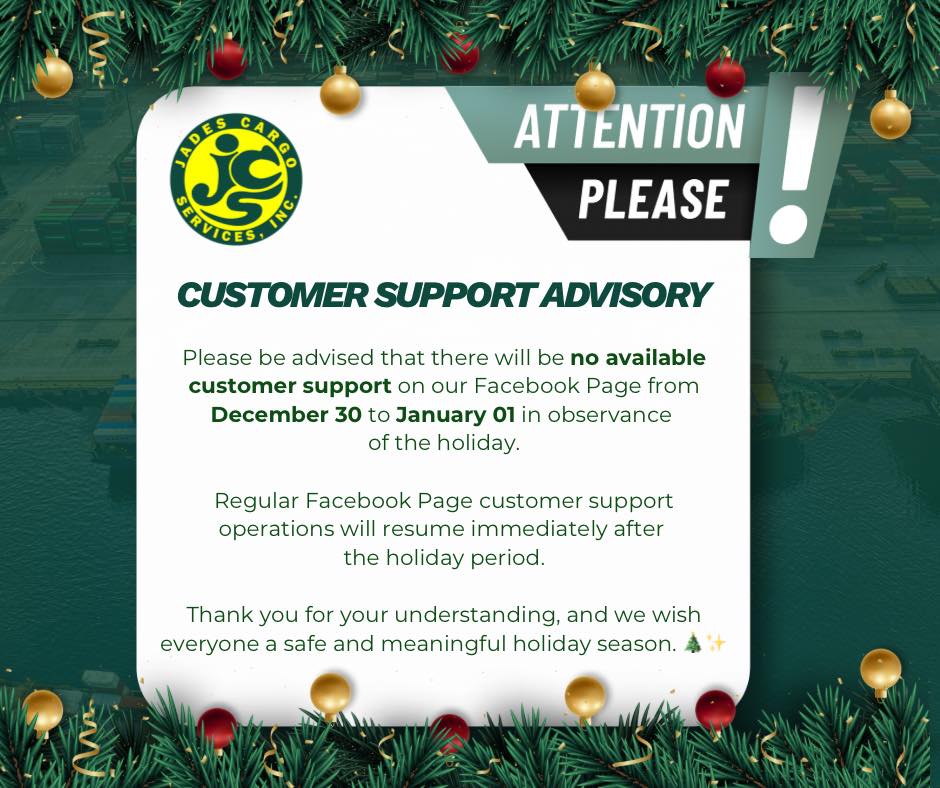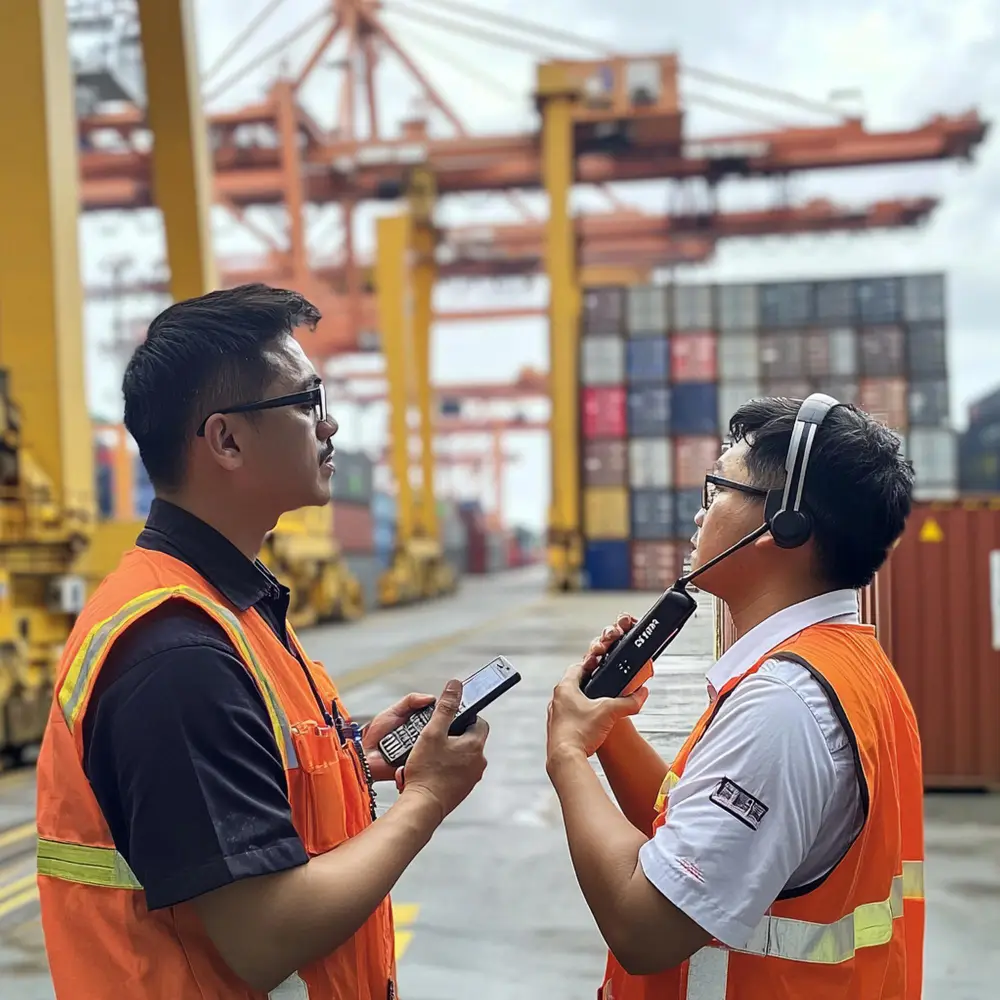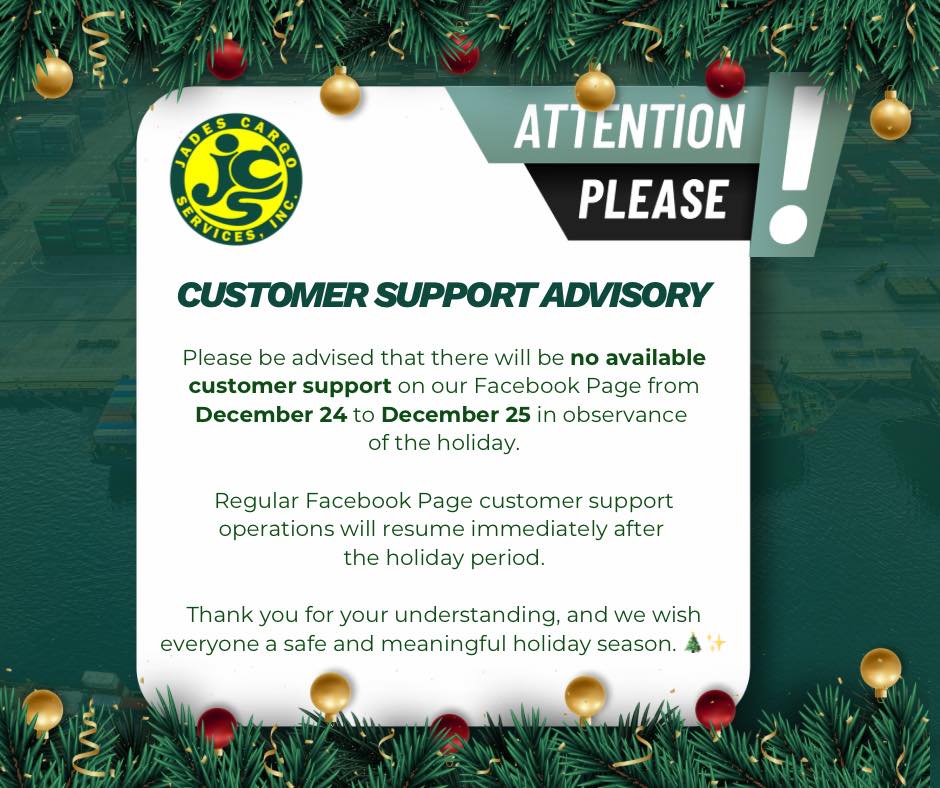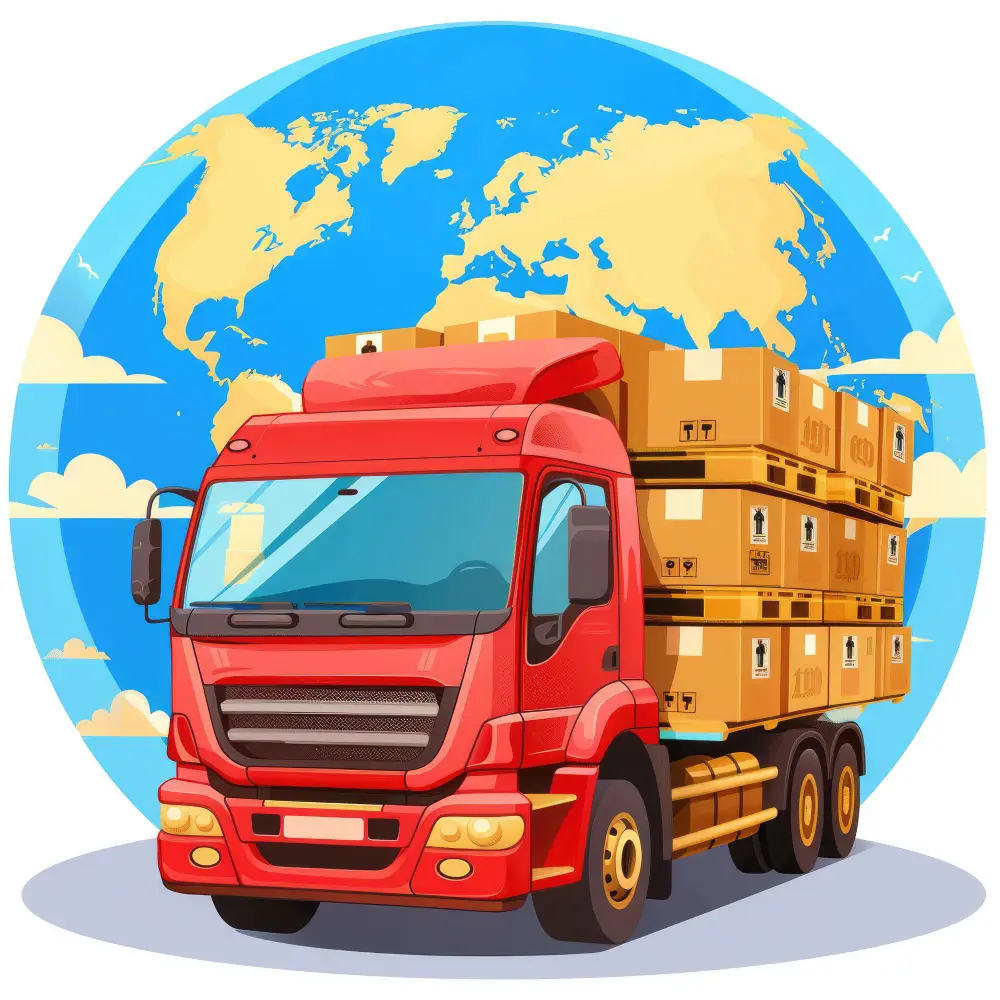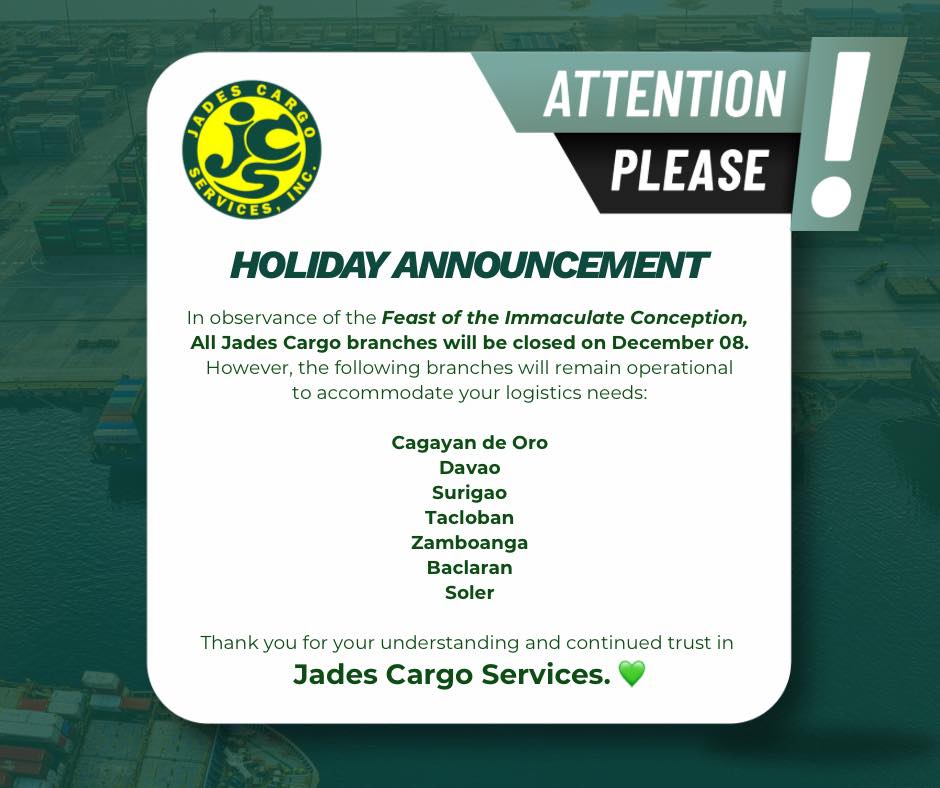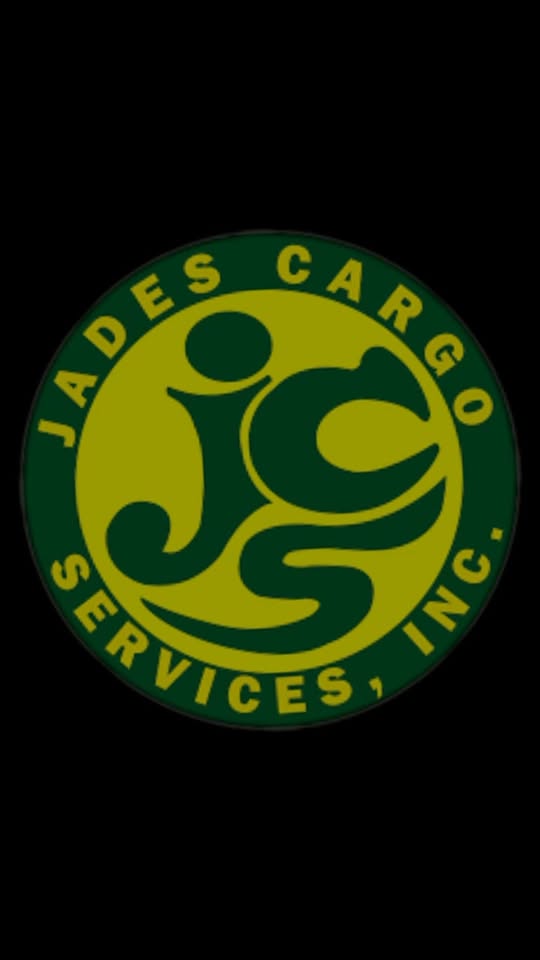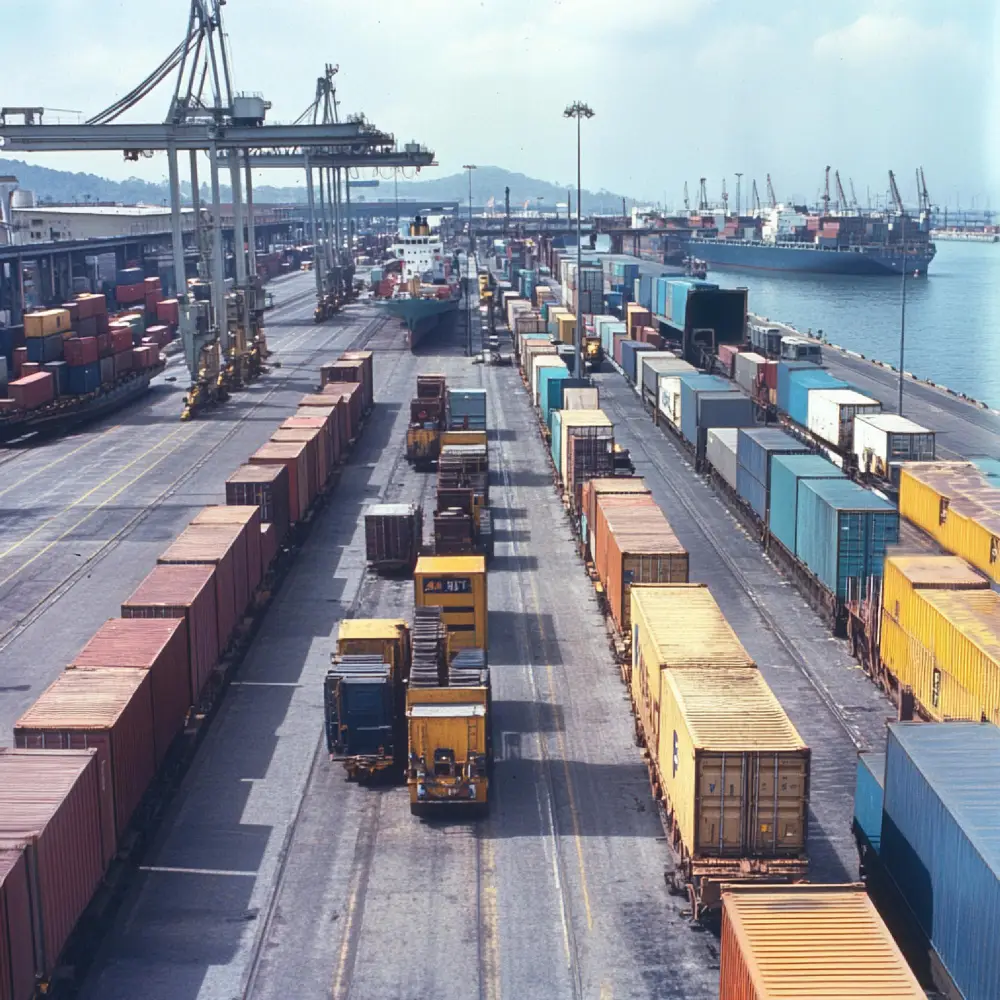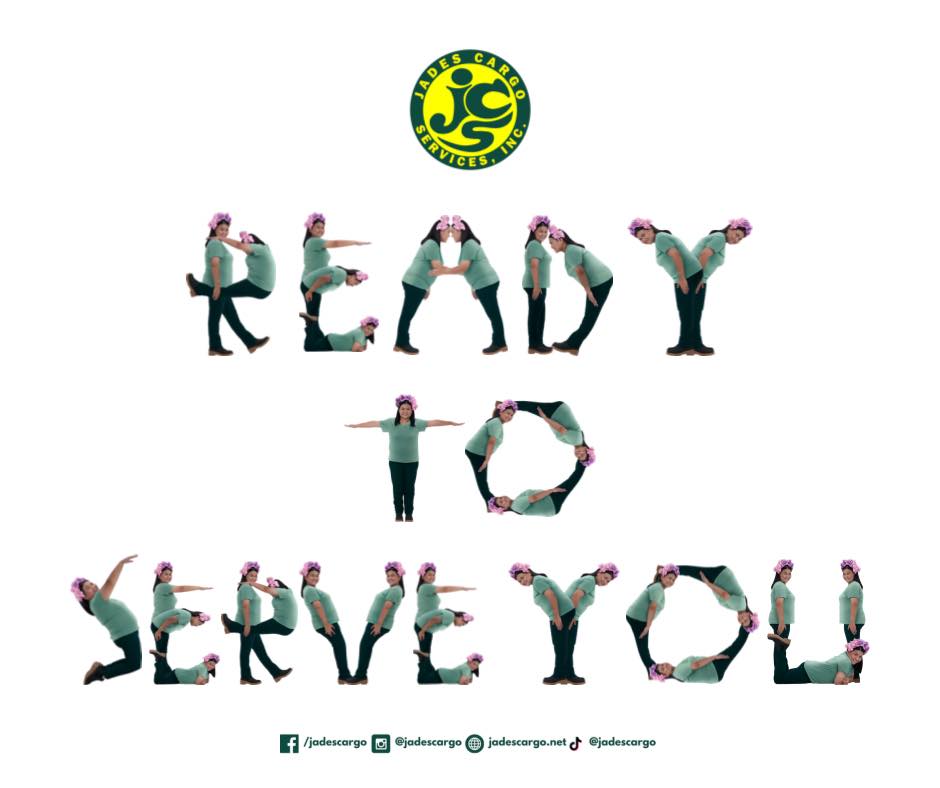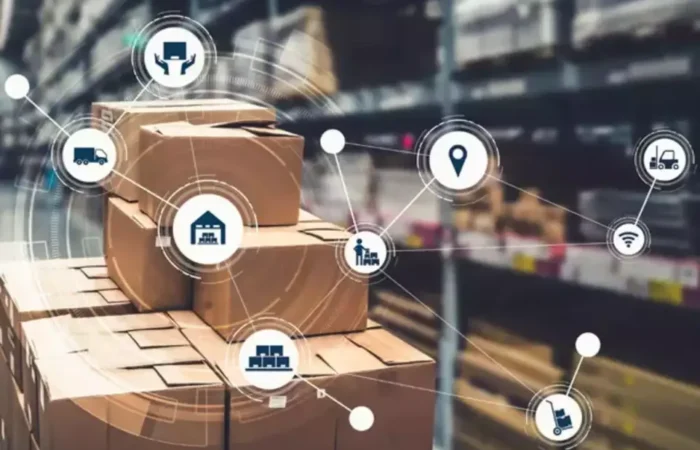
In a time when customers expect high standards and ethical conduct, the supply chain has become a crucial area for companies aiming to uphold their reputation and credibility. As scandals and environmental issues garner more attention, the urgency and importance of the growing demand for transparency and trust in supply chains cannot be overstated. This demand drives changes in how businesses address their responsibility and moral standards.
The Supply Chain Crisis: From Visibility to Accountability
The traditionally opaque nature of supply chains meant that information flows one way, from supplier to retailer. This lack of visibility led to unchecked inefficiencies and unethical practices, such as labor abuses and environmental harm. Recent notable incidents, like the Rana Plaza collapse in 2013 and ongoing concerns about forced labor in the cotton industry, have underscored the urgent need for a fundamental change.
Today, consumers are no longer passive recipients of goods; they are actively involved and well-informed. They desire knowledge about the origins of their products, the manufacturing processes, and the working conditions. This change in consumer expectations is compelling companies to reconsider their supply chains, embracing transparency not only as a regulatory obligation but also as a strategic advantage.
The Role of Technology in Enhancing Transparency
The advancement of technology plays a crucial role in driving this change. For instance, blockchain has become a potent tool for guaranteeing transparency and traceability. Through a decentralized ledger that records every transaction across the supply chain, blockchain technology enables both consumers and businesses to authenticate the origins and journey of products.
Likewise, the Internet of Things (IoT) devices are transforming the management of supply chains. These sensors and smart devices can monitor factors such as temperature and humidity, ensuring that products, especially perishable ones, are stored and transported under ideal conditions. This real-time data collection improves transparency by providing an accurate overview of the supply chain’s activities.
Sustainability and Ethical Practices: The New Normal
The emphasis on transparency isn’t just aimed at enhancing visibility; it’s also focused on promoting ethical behaviors. Businesses are increasingly called upon to not only address their own operations but also those of their suppliers, including ensuring fair labor practices, minimizing environmental footprint, and complying with ethical sourcing principles.
For example, companies such as Patagonia and Unilever have established benchmarks for the industry by embracing sustainable and ethical practices. Patagonia’s “Footprint Chronicles” provides a comprehensive overview of the company’s environmental impact, while Unilever’s Sustainable Living Plan incorporates ethical sourcing and environmental objectives into its fundamental business strategy.
Building Trust Through Transparency
While technology and ethical practices play crucial roles, the essence of trust lies in genuine commitment. Companies that prioritize transparency build stronger relationships with consumers and stakeholders. This involves more than just public relations efforts; it requires a deep-seated commitment to ethical practices and continuous improvement.
Starbucks serves as a prime example, placing transparency at the core of its corporate ideology. Through its Coffee and Farmer Equity (C.A.F.E.) Practices program, Starbucks offers comprehensive insights into its sourcing standards and their impact on farmers and communities. This high level of transparency not only enhances consumer trust but also propels substantial change throughout the supply chain.
The progress towards improving transparency and trust in supply chains is ongoing, and the advancements made so far provide a promising insight into a more responsible future. As technology progresses and consumer expectations change, businesses are increasingly realizing that transparency is not only about following rules but is also a crucial strategic necessity. By embracing these transformations, companies not only protect their reputations but also contribute to a more ethical and sustainable global economy.
In this new era of supply chain management, transparency and trust are not just goals—they are the new standards of business excellence.



